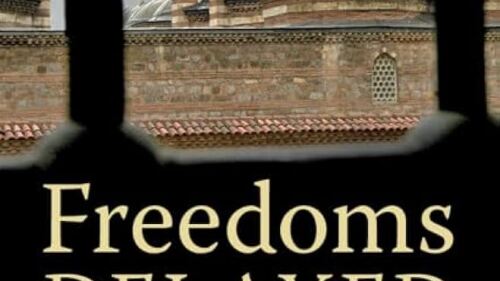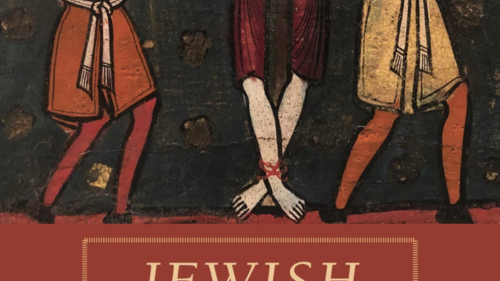Allen’s book is a compilation of frivolous statements and untenable aims, with reasoning and assertions that expired in the nineteenth century. He states his objective is to find the “unmistakable character” of the Arabs whose “powerful personality… comes of a deeply held respect for the individual and for the moral ideas which define the person in community.” He might as well have gone looking for the elixir of youth because the character he is searching for exists only in romantic narratives of the Arab East. Arab societies are collectivist and have no tolerance for individualism, let alone an interest in nurturing it.
Allen desperately tries to avoid making derogatory references to Arabs, opting instead for contradictions. It is difficult to reconcile the “powerful personality” he attributes to Arabs with their underachievement and lack of confidence, which will “cost us all dearly,” and he shies from doing so. He gleaned this romanticized personality from his encounters with a few Arabs, most of whom were from the Gulf. Such encounters make for coffee break conversation, not a book.
Allen’s book is wholly unoriginal and his lack of research is manifest everywhere in his impressionistic book. The author reports that the “striking characteristic of the Arab world is that it is personal” with the excitement of a child who has realized that mixing water with sand creates mud. He seems to have genuine difficulty reconciling Arabs’ jealous protection of the purity of their blood with their championing of a universalistic religion. Allen’s problem is that by drawing on his interaction with tribal Arabs, he chooses the wrong units of analysis to make sweeping generalizations. The word Arab has evolved to refer to a political concept. As an ethnic marker, it has little utility left.
Additionally, the book is difficult to follow, has no index, and is riddled with factual errors. Turning to history, on page 17, Allen says Hatim al-Tayy’i (the last name should be al-Ta’i), who embodies Arab hospitality, lived in the seventh century, “a generation before Prophet Muhammad.” The Prophet, of course, lived from 570 to 632. His current political analysis is no less deficient. For example, he states that political parties in Lebanon during 1943-75 operated within a constitutional democracy, seemingly confusing relative freedom of expression with democracy.
This thin book is the proverbial divorce of brevity and wit that now appear to have irreconcilable differences.



